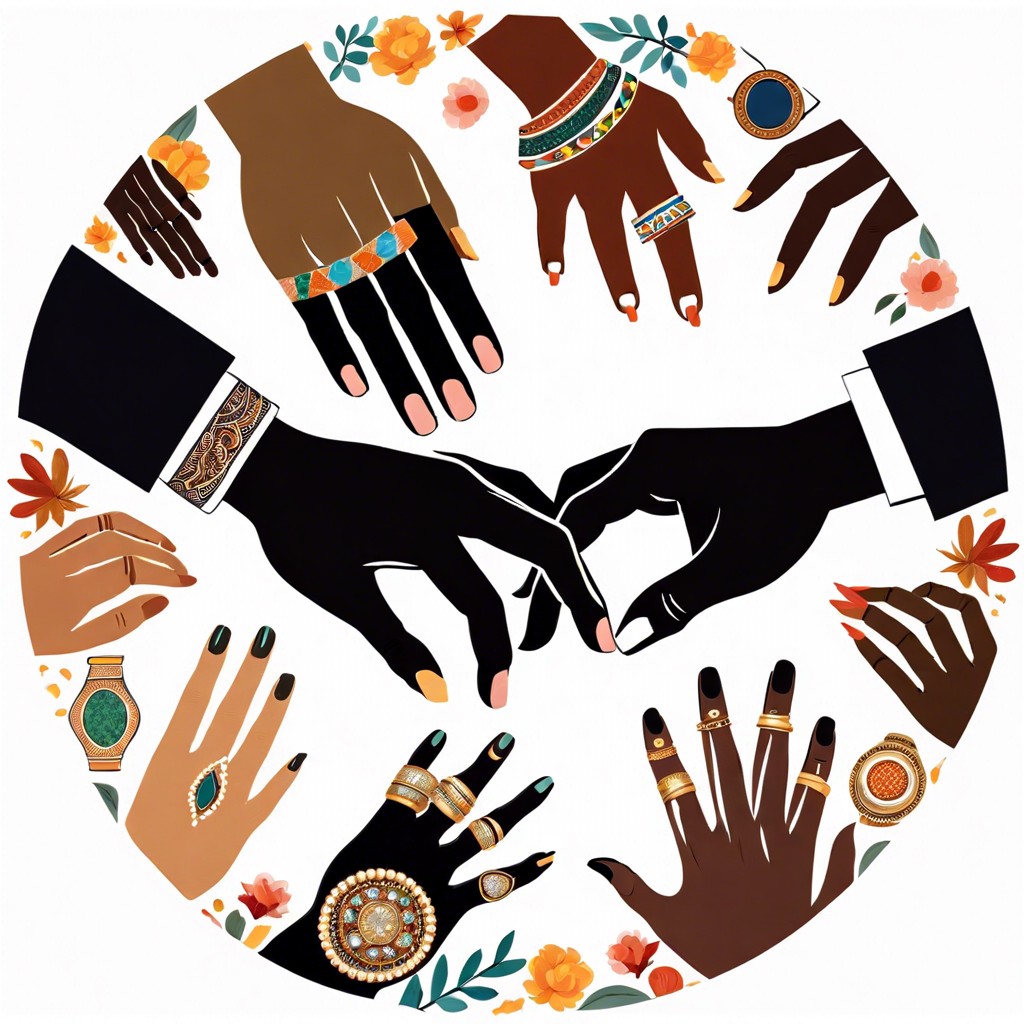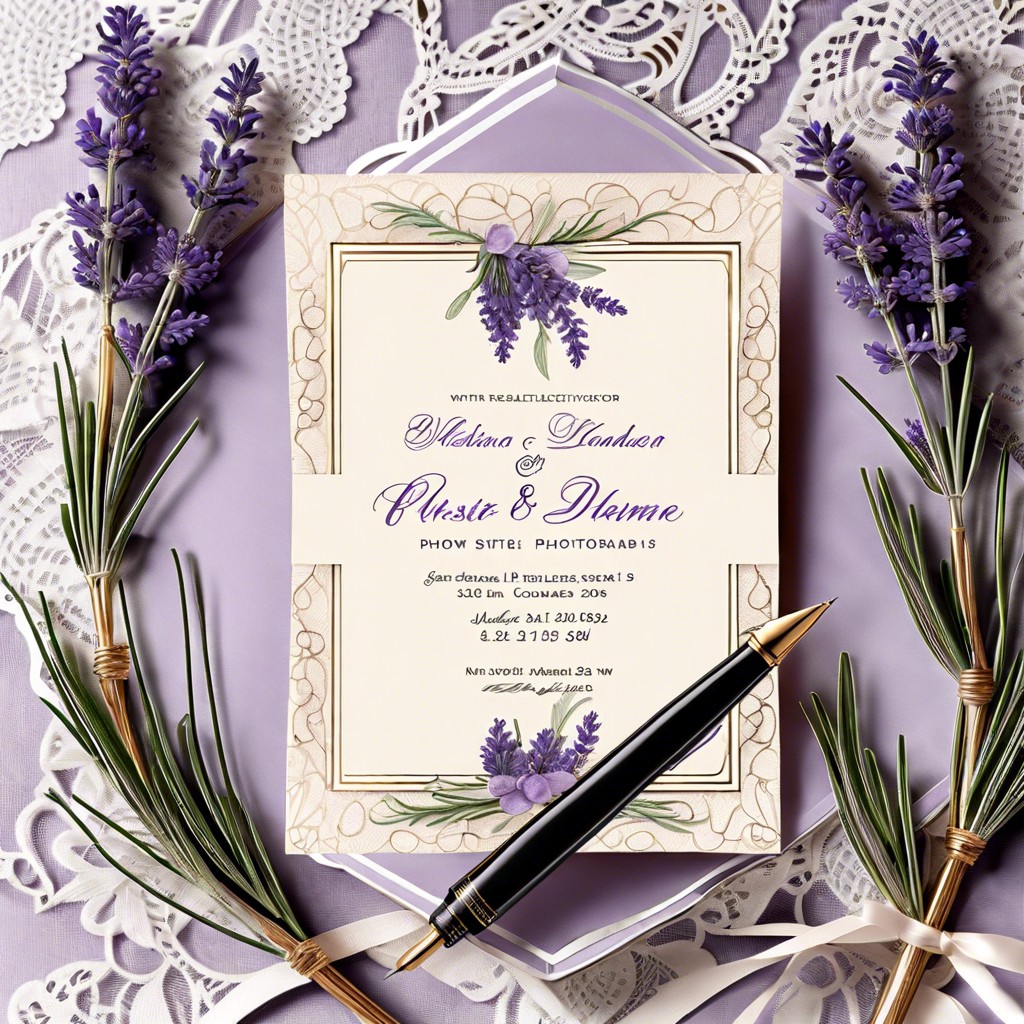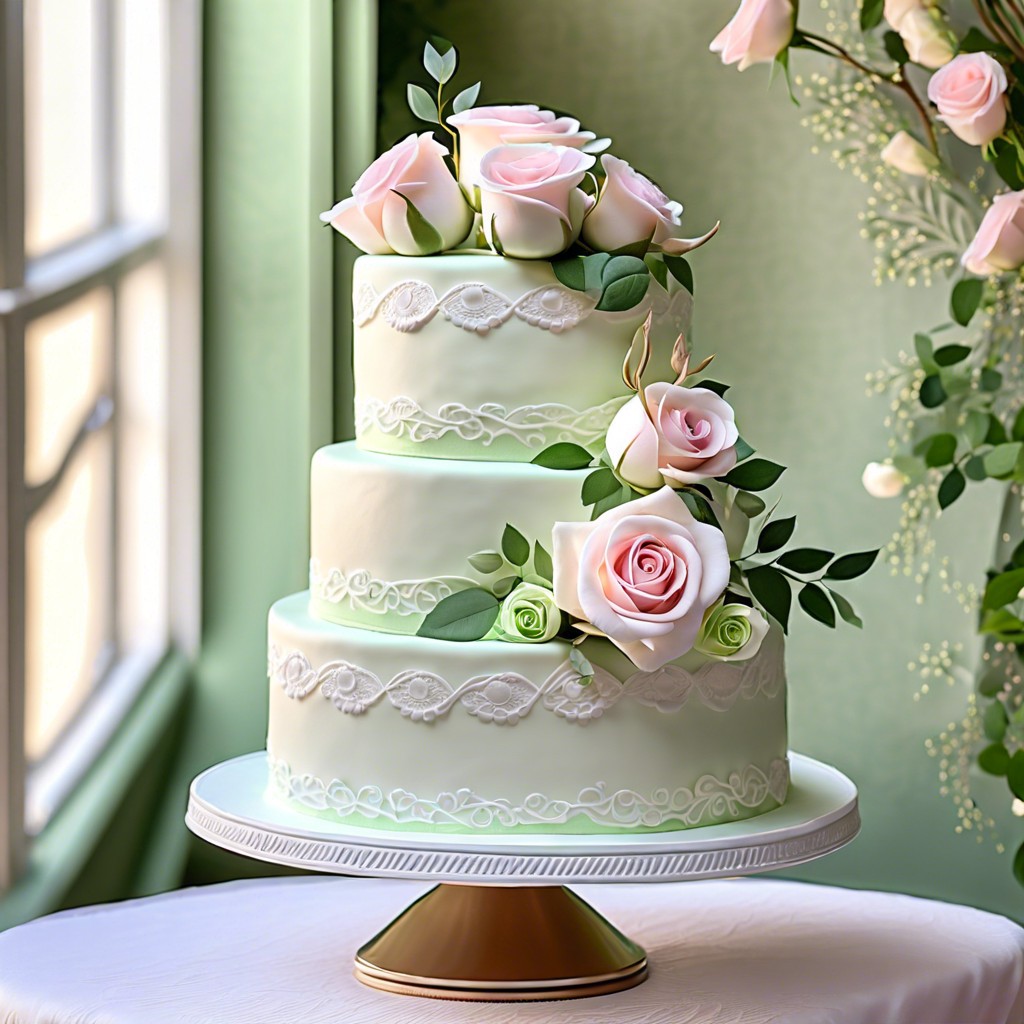Understanding wedding vows is essential for couples seeking to personalize their commitment ceremony; this article clarifies what wedding vows are and their significance in the wedding ritual.
Key takeaways:
- Wedding vows are promises made during a marriage ceremony.
- They have cultural significance in various traditions and religions.
- Couples can choose between traditional or personalized vows.
- Crafting personalized vows involves reflection, core values, and practice.
- Wedding vows lay a foundation for commitment, expectations, and emotional connection.
Definition of Wedding Vows

Wedding vows are promises each partner in a couple makes to the other during a marriage ceremony.
They serve as verbal commitments to love, honor, and support one another through life’s journey together.
These pledges highlight the intention of enduring partnership and are central to the nuptial exchange.
While traditionally rooted within religious or cultural norms, vows may also be customized to reflect a couple’s unique relationship.
Regardless of their form, they are a public declaration of a private commitment, symbolizing the sincerity and depth of the couple’s bond.
Significance of Wedding Vows in Various Cultures
Wedding vows serve as a significant emotional highlight within the ceremonies of different cultures, each reflecting unique traditions and values.
In many Western ceremonies, vows are promises made by each partner to uphold love and commitment, echoing Christian origins where couples pledge to love and honor each other.
Hindu weddings feature the Saptapadi, or the seven steps, each step making a vow of commitment, signifying various aspects of a balanced and respectful partnership.
In Jewish tradition, the vows are implicit during the ring exchange when each partner says, “You are consecrated to me…” which reflects the commitment to a lifelong partnership according to the laws of Moses and Israel.
During Shinto weddings in Japan, the couple doesn’t exchange personal vows. Instead, they perform a ritual called san-san-kudo, where they take three sips each from three cups, symbolizing their union and the joining of their families.
Islamic marriage rituals often include the Nikah, a contractual agreement where vows are exchanged in the form of a marriage contract, outlining mutual respect, responsibilities, and the terms of the union.
These cultural practices underline the universal significance of vows as a pivotal moment of commitment and unity in marital ceremonies around the world.
Structuring Wedding Vows: Traditional Vs. Personalized
When faced with structuring your vows, you’ll encounter the choice between traditional and personalized versions.
Traditional vows are time-honored scripts that you may recognize from countless ceremonies—phrases like “for better or worse” or “in sickness and in health.” These vows serve as a universal testament to the commitment couples are making and often hold religious or cultural significance.
On the flip side, personalized vows break away from the script to reflect the unique relationship between you and your partner. They might include promises tailored to your shared experiences, individual quirks, or private jokes. They’re a way to speak directly from the heart, allowing for creativity and a more intimate exchange.
Consider these points when deciding:
- Resonance: Do traditional vows resonate with you, or do they feel like someone else’s words?
- Comfort: Are you comfortable speaking publicly from the heart, or do prefabricated words ease your nerves?
- Expectations: What do your partner, family, or religious institution expect? Do their expectations align with your own?
- Balance: Keep in mind, it’s entirely possible to blend both, incorporating the gravity of traditional phrases with the intimacy of personal sentiment.
Remember, the structure of your wedding vows should reflect your values and the unique bond you share. Whether you opt for the solemnity of traditional vows or the individual touch of personalized ones, the aim is to convey the sincerity of your commitment.
Crafting Personal Wedding Vows: A Step-by-Step Guide
Begin by finding a quiet space to reflect on your feelings and experiences with your partner. This will be the foundation for sincere and meaningful vows.
Jot down key points about your relationship: significant moments, what you treasure about your partner, and the promises you want to make.
Focus on what lifelong commitment means to you. Consider the core values you both share and how they’ll guide your marriage.
Choose the tone of your vows. Decide whether you want them to be heartfelt and serious, light-hearted and humorous, or a blend of both.
Structure your vows. Typically, they start with a statement of love, followed by the promises you’re making. Ensure they’re not too lengthy; aim for about one minute when spoken.
Include specific examples or stories that illustrate your love and commitment, as they’ll add a unique personal touch.
Practice reading your vows out loud to ensure they flow well and convey your emotions effectively.
Remember to coordinate with your partner on the length and tone, so your vows complement each other on the big day.
The Impact of Wedding Vows On Relationship Foundations
Wedding vows serve as a compass for long-term commitment, guiding couples through the ebbs and flows of marriage. Here are pivotal ways these promises lay a solid foundation for a shared future:
1. Manifestation of Commitment: Vows are a verbal expression of deep commitment, setting a serious tone for the dedication required in matrimony.
2. Mutual Expectations: Clearly articulated promises establish shared expectations, helping prevent misunderstandings and aligning mutual goals.
3. Emotional Connection: They often encapsulate shared memories and hopes, strengthening emotional bonds.
4. Guidance During Challenges: When faced with adversity, couples may reflect on their vows for direction and motivation to navigate through difficulties together.
5. Renewal of Affection: Recalling the love and promises made can reignite affection, especially during routine or challenging times.
Understanding and genuinely meaning the vows can thus forge a stronger, more resilient partnership.



